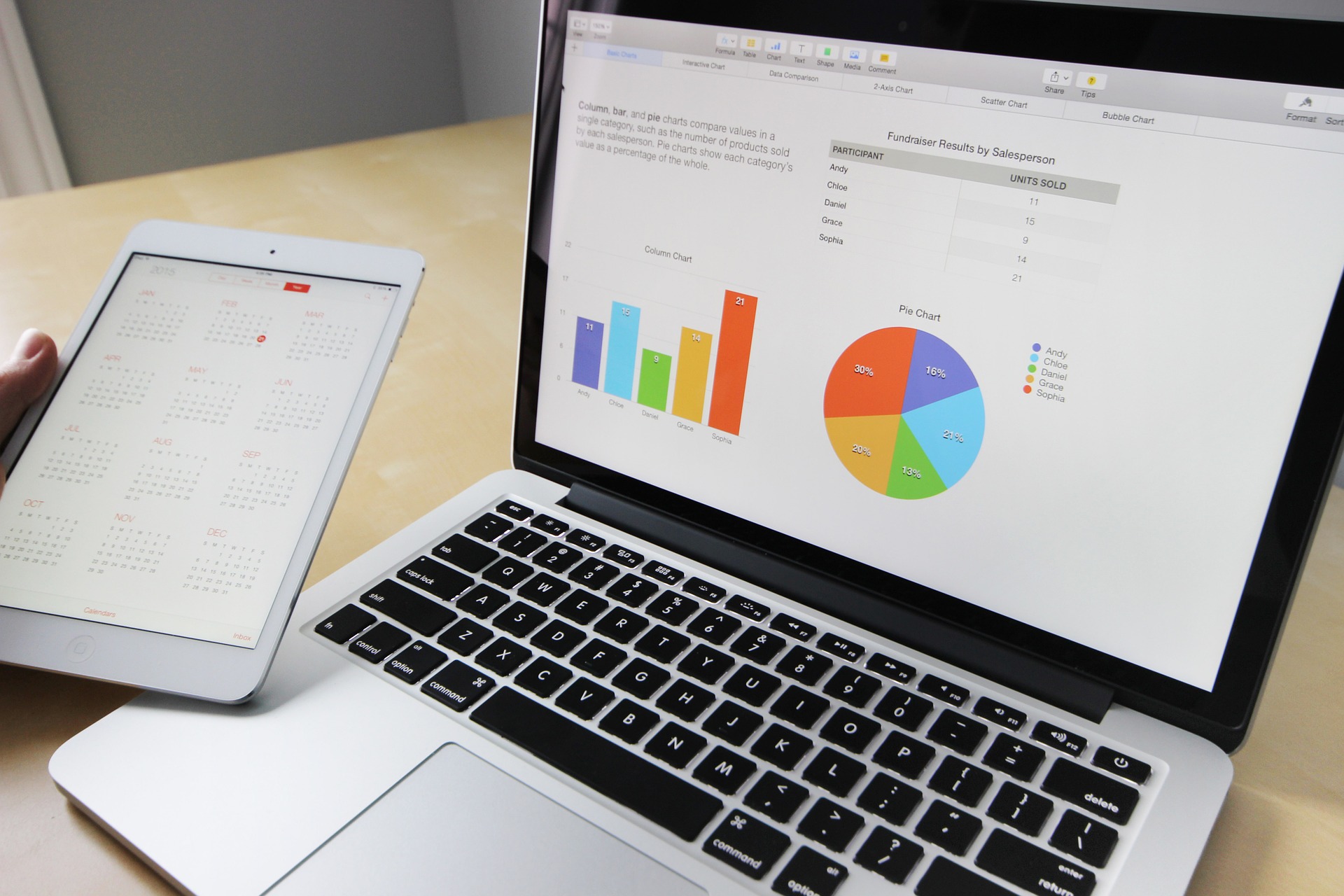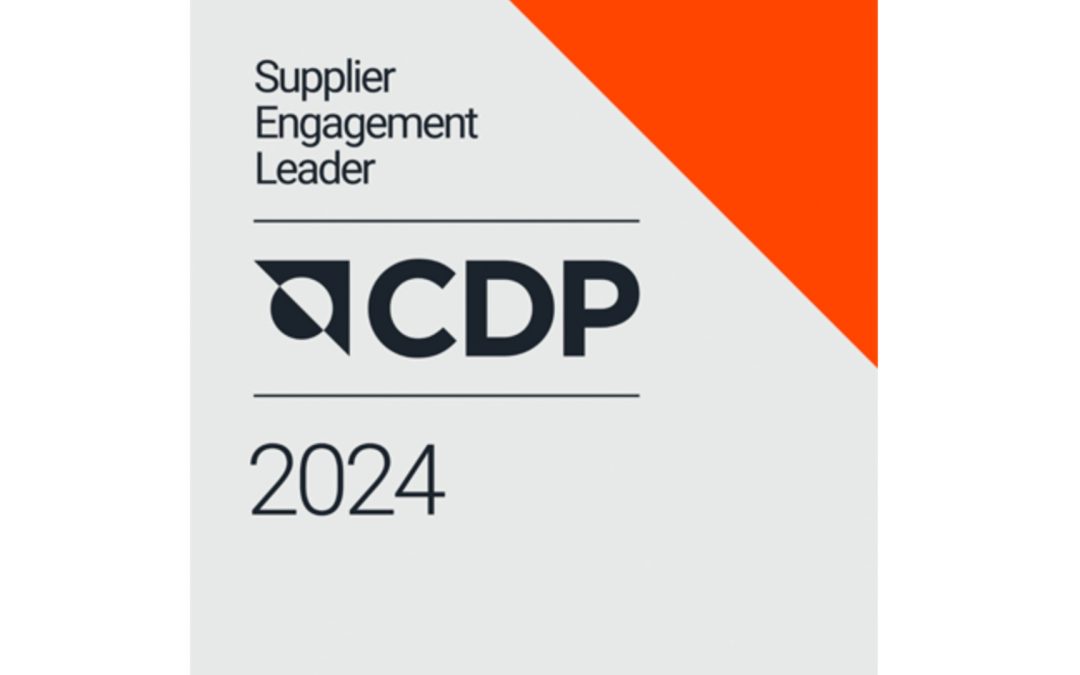 The way in which and, above all, where we work is fundamentally in a state of upheaval. The corona pandemic acts like a fire accelerator on changes in the world of work and has a significant impact on the activities and priorities of companies.
The way in which and, above all, where we work is fundamentally in a state of upheaval. The corona pandemic acts like a fire accelerator on changes in the world of work and has a significant impact on the activities and priorities of companies.
The tools and solutions as well as the requirements of employees in a new, modern and digital working environment are diverse, because in addition to technological measures, organisational and corporate culture measures are becoming more and more critical to success. The new IDC study revealed the challenges companies are facing and what plans they have:
- 35% of companies have already established guidelines for flexible remote working, and another 38% are planning to do so in the next few months
- Technology is the enabler of work transformation, but company culture, personnel development and spatial concepts are almost synonymous for the respondents
- Security and compliance urgently need more attention, because only 40% of companies adhere to security and compliance rules
The new IDC study “Work Transformation in Germany 2021” gives a comprehensive insight into plans, success factors and challenges of German companies in relation to the changing world of work and location-independent work. The study is based on a primary market survey that IDC carried out in April 2021 among 250 German companies with more than 100 employees across all industries. All of the organisations surveyed have already dealt with changed work models and are currently or will be offering location-independent work in the future.
“The transformation of work and remote work has undoubtedly accelerated as a result of the pandemic,” said Sabrina Schmitt, Senior Consultant and Project Manager at IDC. “29% of the decision-makers surveyed want to continue working remotely in the future, which is almost three times as much as before 2020.” 79% of the companies are planning a new or modified workplace model, 36% of them a mixture of being present at the company location and Remote work – a hybrid workplace model, office-centeredness is a thing of the past in this country too. 11% even want to give up their office space entirely and are pursuing a purely virtual approach.
“The shift to more remote work brings with it new challenges and requirements. In most organisations, new strategies, technologies, tools and solutions as well as a changed mindset among the workforce and new space concepts will be required,” said Project Manager Schmitt. “Companies should therefore start early rather than late to establish appropriate solutions and take measures to enable their employees to work productively, digitally – also from anywhere.”
According to IDC the fact that higher employee productivity and satisfaction tops the list of goals among respondents shows how important the human factor is in a changing world of work. Nonetheless, changing corporate culture is a real problem for 26% of those surveyed, and many find it difficult to break old patterns of behaviour and thinking about the way people work.
For a further quarter, the balance between flexible and safe working is challenging and at the same time brings with it additional hurdles such as adherence to legal regulations, data protection and compliance.
The remote workplaces that were created almost overnight have created new gateways for cyber criminals in many places. It is all the more alarming that not even half of all study participants adhere to the safety and compliance guidelines. Here there is an urgent need for action for companies, solutions such as a password manager, multifactor authentication and gateway access, IAM and endpoint security solutions should quickly be on the agenda of companies – and right at the top.
Tools for collaboration and communication are essential for the modern, digital working world, IDC added. They make a decisive contribution to maintaining business continuity, which became more than evident last year.
The study shows that the companies surveyed are planning to invest in tools and solutions for collaboration and communication. New desktop PCs, laptops and software solutions such as compliance, eSignature, workflow and CRM solutions are particularly in focus. The variety of solutions is enormous and for many companies a curse and a blessing at the same time, because they now have to evaluate very carefully which existing solutions can be expanded or supplemented by additional functions or where completely new solutions for efficient collaboration and communication, including remote, required are. In this context, cloud services are very important from IDC’s point of view and should always be considered. There is still plenty of room for improvement here, especially in this country.
IDC said that pure paper processes or processes that are predominantly carried out with paper will become increasingly rare in the future. The study results show that many of the activities in the office, but especially in the home office, will be carried out digitally. From IDC’s point of view, paper processes offer great potential for optimisation, because many paper documents are processed in further workflows after they have been printed. Digital processes can map this much better and accelerate the workflow itself, which in turn leads to higher productivity and employee satisfaction. However, in order to be able to digitise at all, it is often first necessary to automate processes. Smart MPFs are most often planned by the companies surveyed. But automation technologies such as artificial intelligence (AI) and machine learning (ML), devices and solutions for AR and VR as well as the 5G expansion will also contribute to automation in the future and promote location-independent collaboration.
Even if for a third of decision-makers the tools and solutions are the cornerstone of an attractive work environment, factors such as employee welfare are becoming increasingly important. Driven by the corona pandemic, hygiene concepts are currently and will continue to play an overriding role for the companies surveyed.
“What the study clearly shows: the organisations are now more concerned with establishing guidelines for flexible working,” reports Elena Georg, Consultant and Co-Author of the study. “These guidelines are of crucial importance for hybrid or purely virtual work models in order to establish a uniform clear line and structure for the entire workforce and in this way to build a culture of trust,” says Georg. 38% of the decision-makers surveyed are planning guidelines for remote work in the next few months, for around a quarter such guidelines will even make a significant contribution to a better work environment and higher employee satisfaction.
The work transformation in Germany is in full swing and affects not only technology, but also organisational and cultural aspects. It is a process, a path on which companies now have to take the next steps, IDC explained. The use of tools and solutions for collaboration and communication as well as the use of cloud services, but also the digitisation and automation of (paper-based) processes and workflows is just as essential as the use of newer technologies such as AI and ML or AR and VR. With all of this, the topic of security and compliance must by no means be neglected, as the study with regard to compliance with security and compliance shows in an impressive and alarming way.
IDC is convinced that the world of work will continue to change and that current developments are just a stretch of the road. According to the current survey, the companies are well on the way to successfully implementing the change and increasingly promoting remote work. It must be the common goal of providers and users, because whoever creates the conditions for a modern digital working world, in which “Working from Everywhere” is also possible and also attaches great importance to employee welfare, will not only secure their business in the long term, but also for the long term remain attractive on the job market.




















